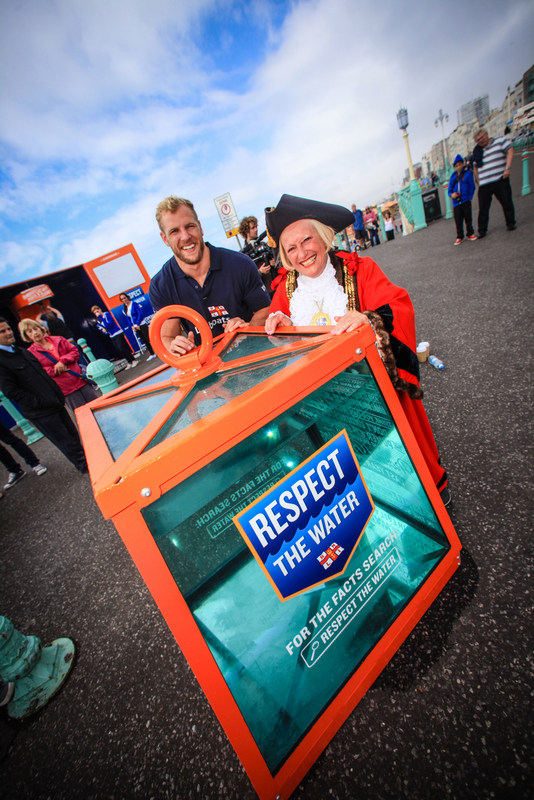I’m honoured to have been offered the post of Chair and willingly accepted it. The opportunities abound and I’m inspired by the future and NWSF’s quest to save more lives. I believe we can take NWSF to another level. By using the collective influence and collaborative power of all partners and members, we can raise its profile and make an even bigger societal impact thro ugh water safety with the vital ‘WAID’ database and its outputs underpinning and informing our work. It’s so important to support, develop and use ‘WAID’ in the short medium and long term.
ugh water safety with the vital ‘WAID’ database and its outputs underpinning and informing our work. It’s so important to support, develop and use ‘WAID’ in the short medium and long term.
The achievements to date by our working groups are already impressive and on behalf of the coordinating group, I thank RoSPA in their role as secretariat, as well as, Tony Stammers who has been Acting Chair and Jim Watson Deputy Chair for their commitment and hard work. Both Tony and Jim will continue as deputies and I’m hugely grateful to them for their on-going support.
NWSF working groups and members provide expertise and advice to a wide range of people and organisations engaged in many different activities from beach to diving to inland waters. What excites me about the NWSF is its ability to harness and use this talent and strategic relations while respecting the aims and objectives of the individual organisations involved.
As the RNLI’s Operations Director I strive to draw on my 25 years of RNLI operational experience when thinking about the future and what we can all do to prevent drowning, promote a water safety culture and make a real difference to society and I recognise the value of collaboration. I’ve been fortunate to experience and benefit from a wealth of knowledge and expertise offered by other like-minded organisations. Through our combined efforts we can position the NSWF to play a key role in water safety and be the voice of authority on the subject.
Like the RNLI, I believe all members have an aspiration to prevent drowning and make the water safer for all. By galvanising our collective desire for a national strategy to tackle drowning, the NWSF coordinating group has already moved this initiative on significantly.
At December’s strategy workshop a plan was devised which will lead to a National Strategy. It’s impressive and a mark of commitment that a dedicated project group has now formed to progress these plans. The project group has started work in earnest to create the strategy ahead of a launch date set for a target after the General Elections.
The strategy is essential and creates an ideal platform for NWSF to demonstrate its leadership and role. It also ties into the World Health Organisation’s recent global drowning report where they are calling for nations to develop strategies that will address the problem estimated at 372,000 lives lost each year worldwide. With this in mind, the communications groups will be looking at how best to position the strategy and raise the profile of NWSF with all stakeholders to ensure our voice is heard.
So, there are exciting and busy times ahead and I’m looking forward to being even more involved with the NWSF work and plans for the future, as well meeting the people and organisations involved.
Thank you for all that you and your respective organisations do to support and further the aims and objectives of the NWSF. Please do not hesitate to make contact with me concerning the NWSF and its work.
George Rawlinson



You must be logged in to post a comment.